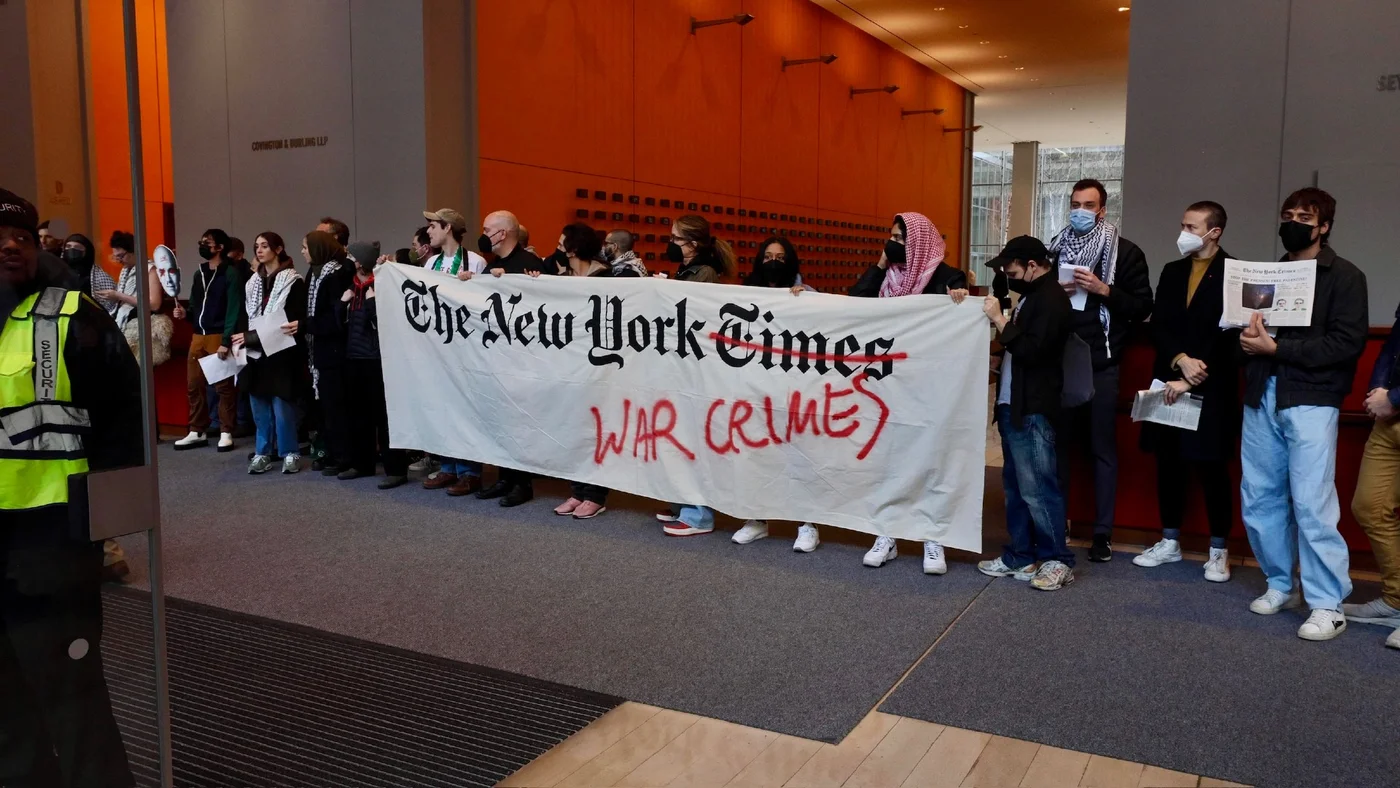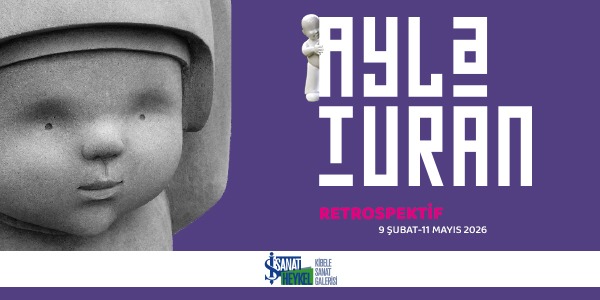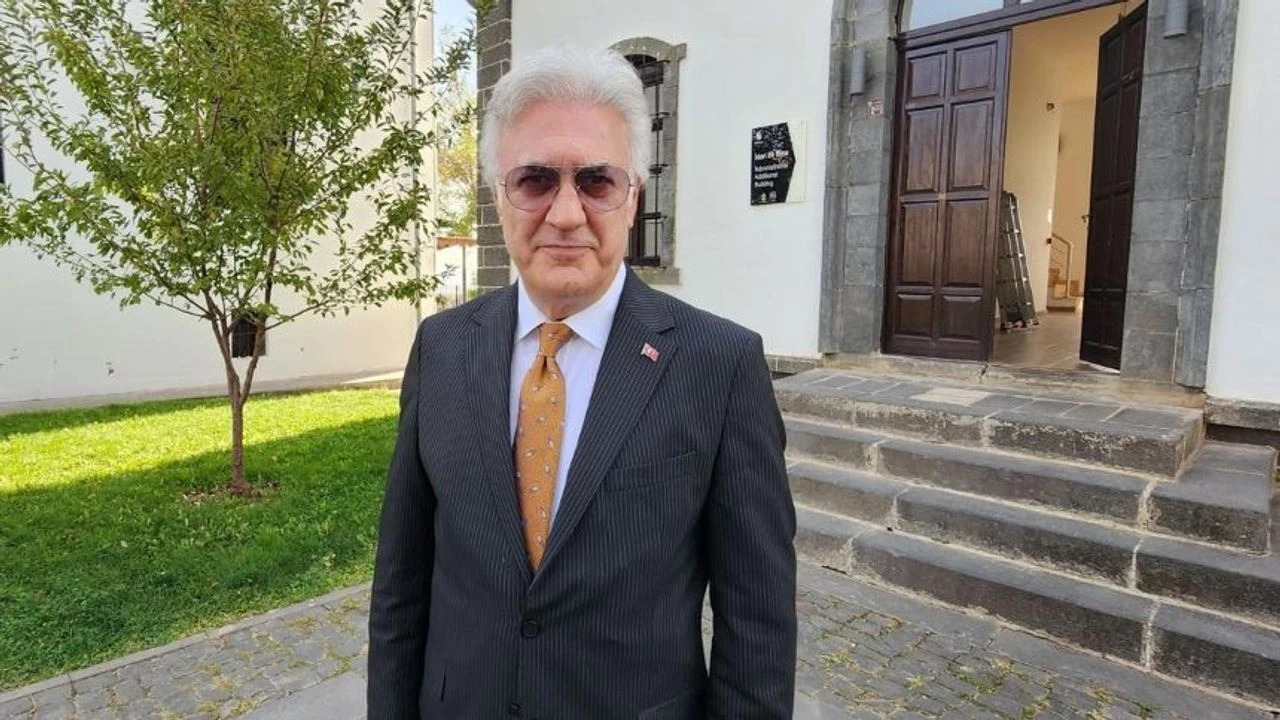The editorial policies of The New York Times regarding its coverage of Gaza have drawn criticism from nearly 300 writers and journalists. The open letter published by the signatories questions the paper’s reporting language while reopening the debate on the political boundaries of “objectivity” in the media.
One of the most influential media outlets in the United States, The New York Times is facing a boycott by more than 300 writers, academics, artists, and politicians who accuse it of using a “pro-Israel and biased” tone in its Gaza coverage. Among the signatories are Rima Hassan, Rashida Tlaib, Sally Rooney, Greta Thunberg, Viet Thanh Nguyen, Elia Suleiman, and Mohammed el-Kurd, who have announced they will no longer contribute to the paper.
In their open letter, the participants accused The New York Times of “whitewashing the war policies of the U.S. and Israel.” They argued that the newspaper “renders invisible the destruction in Gaza, the targeting of civilians, and growing human rights violations through deliberate linguistic choices,” adding: “Only by withdrawing our labor can we challenge this institutional hegemony.”
“We Will Not Collaborate with Journalism That Distorts the Truth”
According to the writers, the boycott decision was taken because of the newspaper’s long-standing “anti-Palestinian editorial line.” The statement claimed that The New York Times reproduces the Israeli army’s statements without question, while systematically excluding Palestinian sources. The letter stated:
“The editorial policies of the newspaper legitimize not only Israel’s occupation but also the U.S.’s military support for this war. The New York Times has long served as a hegemonic instrument to sanitize the lies of the U.S. and Israel.”
The signatories argued that the paper “manipulates public opinion by concealing the truth.” The text continued: “Politicians listen not to their voters but to the pages of The New York Times. For this reason, this newspaper does not merely produce news; it also shapes U.S. foreign policy.” The letter further claimed that within the institution itself, Arab and Muslim journalists are subjected to “racially based investigations.”
Three Demands: Review, Retraction, Arms Embargo
The writers joining the boycott are making three concrete demands of the newspaper.
The first demand is for an investigation into structural biases in the reporting on Palestine and the creation of new editorial standards. The signatories call for a review of the newspaper’s language guide, source use, and reporting processes. They also stress that journalists who have served in the Israeli army should not take part in reporting on the conflict.
The second demand is the retraction of the article “Screams Without Words,” published in December 2023, which alleged that some Palestinians involved in the October 7 attacks had sexually assaulted Israeli women. However, the sources and testimonies cited in the article were quickly discredited. The main witness was revealed to be a member of the Israeli special forces whose identity had been concealed. Furthermore, one of the authors, Anat Schwartz, had liked a social media post advocating that Gaza “be turned into a slaughterhouse,” further deepening ethical concerns around the report.
The third demand is for The New York Times editorial board to call for an embargo on U.S. arms sales to Israel. The writers stated that “even the newspaper’s limited ceasefire call in January 2025 had influenced the political agenda, and now a call for an arms embargo is needed to create real change.”
“The Times Has a Duty to Tell the Truth”
The open letter recalled that The New York Times has previously acknowledged editorial mistakes following public pressure — citing the newspaper’s revised language during the AIDS crisis in the 1980s and its apologies and corrections after the 2003 Iraq invasion.
The letter concluded: “As the destruction of Gaza continues, it is our duty, as those in the West, to hold accountable the institutions complicit in this crime. The New York Times must stop writing another biased testimony of history and instead fulfill its duty to tell the truth.”









